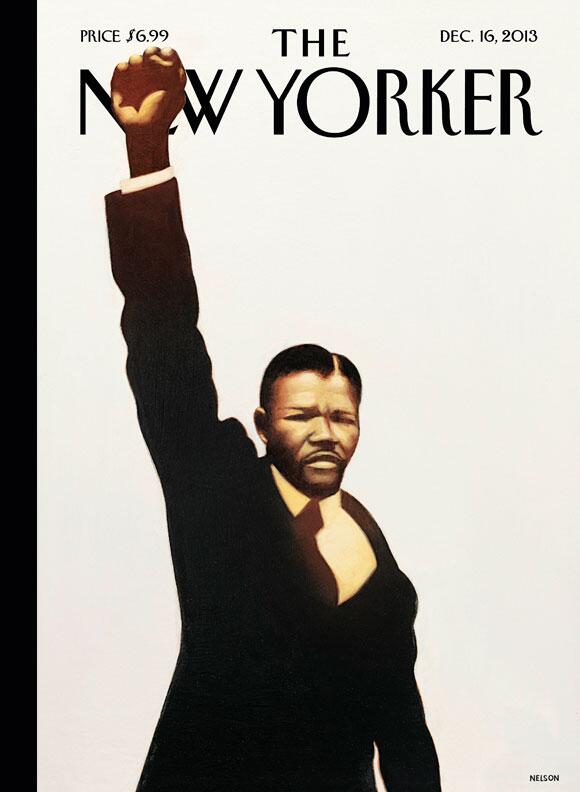Regular readers will know that I’ve recently been wondering whether to continue hosting comments here on Synapses, as well as about their value in a more general sense.
 I’m not shutting comments down, but will move to moderating them, meaning that it might take up to 24 hours for any comment to appear, and some comments will not appear at all, if I deem them abusive or idiotic. The decision to do so is precipitated by two coincidences, featuring two friends who raised overlapping conversations on Facebook, both of which I engaged with.
I’m not shutting comments down, but will move to moderating them, meaning that it might take up to 24 hours for any comment to appear, and some comments will not appear at all, if I deem them abusive or idiotic. The decision to do so is precipitated by two coincidences, featuring two friends who raised overlapping conversations on Facebook, both of which I engaged with.
The debate on Nathan Geffen’s wall about trolls on GroundUp, and how to deal with them, raised the point that without full-time moderation, comment sections can easily become toxic.
Also, I’ve been led to believe that there’s a potential for legal liability for things posted on one’s own site by commenters, while no such liability exists on Twitter or Facebook (for what other people say, I mean).
Then, Eusebius McKaiser asked for a view on Nick Cowen’s IOL piece arguing that we can’t have productive debate in online spaces, and much of what I say below is a response to that piece (in short, I think we can, but that it takes more work than many of us care to do. In my case, I get few enough comments that the necessary moderation is possible).
Before I get to responding to that IOL piece, just a note on how things will work here with regard to comment and debate. Individual posts will have a moderated comment section, but please also feel free to do one of three things instead, if you prefer:
- The old-fashioned “letter to the editor”, where if you’re amenable, and I think your contribution might be of broader interest, I’ll post it as a separate entry.
- If you’re on Facebook, there is a page for Synapses. Every entry appears there, and you can comment as much as you like, unmoderated. The same is true for Google+.
- Lastly, there’s Twitter, which isn’t ideal for debate, but certainly gives you the opportunity to call me names (if that’s your thing), or to make more friendly noises.
On to the IOL piece, which you don’t have to have read to follow what is about to follow. To quote myself:
it seems to my mind at least plausible that we’re living though an era in which ideas themselves are not that welcome. Where, as Neal Gabler recently put it in a column John Maytham was kind enough to alert me to, the “public intellectual in the general media [has been replaced] by the pundit who substitutes outrageousness for thoughtfulness”.
Despite the demise of postmodernism in academic circles, it still lives and breathes in the popular viewpoint that everybody’s opinion is equally worthy of consideration, and that individuals are under no special obligation to set aside their opinions in favour of what the evidence points to.
The Internet, its potential anonymity, and the sheer volume of both opinions and outrage don’t encourage thoughtful reflection and engagement. I find that the overall quality of discourse and openness to correction is poor on the Internet, and as a result, I tend to only read comment sections to confirm that they are places where people seem unafraid to express their racism, sexism and (other forms of) stupidity.
There are pockets where people do engage earnestly and sincerely, and where there is a chance of shifting peoples’ perspectives. Eusebius’s Facebook wall is itself one small example of that. It’s true that people don’t often say “you’ve changed my mind”, but it’s something that can be intuited from how the tone and content of a conversation shifts.
Second, I’m not sure that the situation is significantly better in meatspace. There, just as on the Internet, people are stubborn, prone to confirmation bias and the backfire effect, etc. It’s partly the fact that there are more participants – with those participants not being carefully selected – in the online space that creates the impression that it’s more chaotic there. In other words, if we were to have an open house in meatspace to discuss something contentious, we might more often have the same impression of shouting past each other.
By contrast, if you do online what you do in meatspace, i.e. carefully select your interlocutors, you’d have the same “civilized” conversations (at least in a relative sense). The problem is that a) you don’t always get to select who talks to you online and b), all the non-verbal cues, such as smiles and body-language, aren’t available to us online.
Complicating this all is my sense of the conversations in both spaces being less civilized than they used to be, because everyone is now an expert in everything. The idea of democracy has been illegitimately expanded into epistemic territory, where the average person has been persuaded that their views are as legitimate as any other person’s view, and where they are somehow attacking you as a person when they criticise your view, rather than us simply having a contestation about the facts or interpretation of them.
We’ve become too personally invested in our beliefs, to put it simply.

















